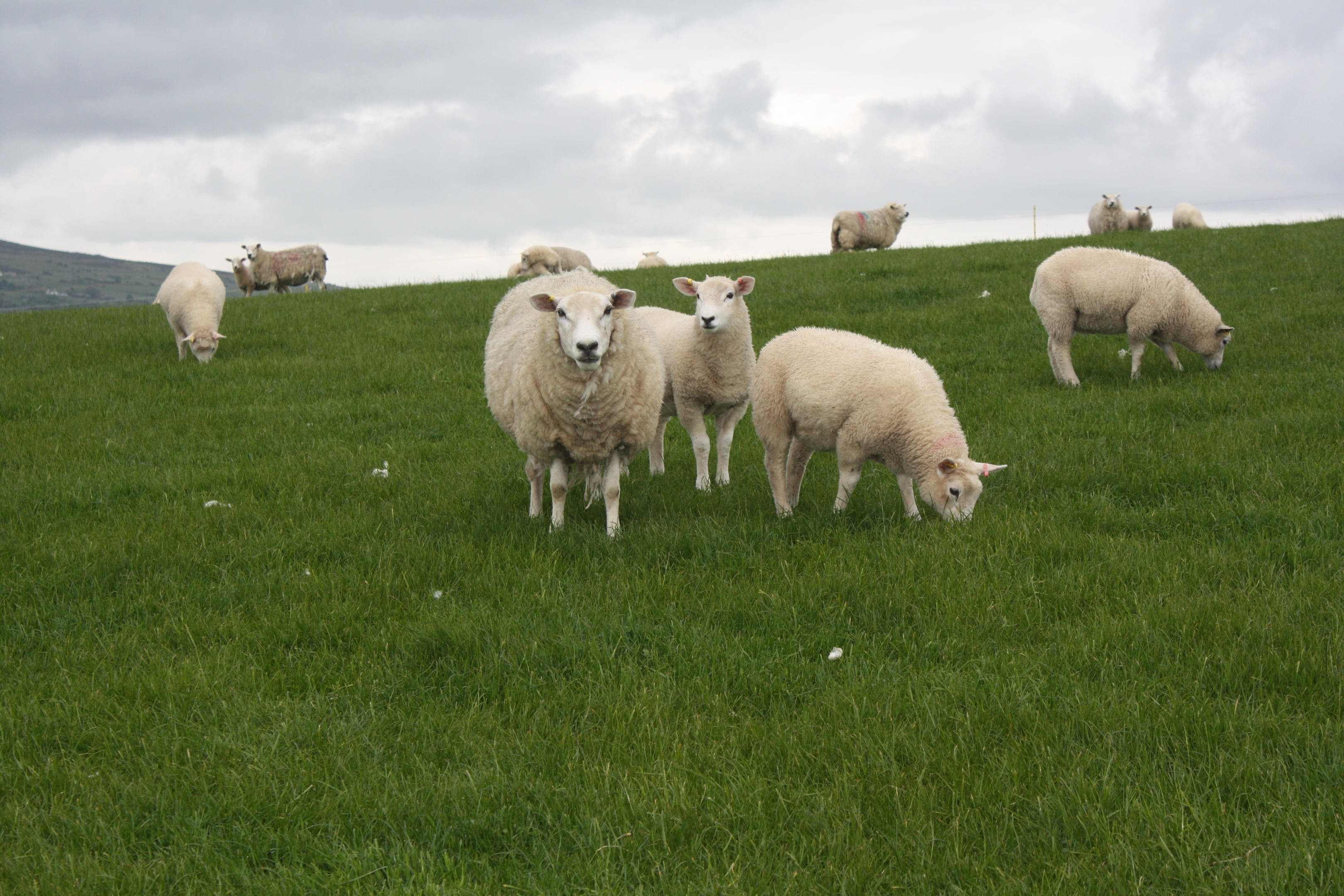There is a complete lack of unanimity as to how to construct a seasonal lease for crops and grazings for this year.
With the planting of crops and the leasing of grass only a few weeks away it has become obvious that there is no clear way of making these leases absolutely compatible with the new Common Agricultural Policy (Cap) in terms of who should be claiming the entitlements to the new support schemes.
This is particularly important this year with “active farming” by the claimant of the land on May 15 being absolutely critical.
At the annual meeting of the Scottish Agricultural Arbiters and Valuers Association (SAAVA) its adviser, Jeremy Moody, warned that what might satisfy Scottish Government might not satisfy EU auditors.
At the root of the problem is the claiming of entitlements to the new Basic Payment Scheme.
Mr Moody warned that there were several strict tests which had to be passed before a valid claim could be made.
“The claimant must be the autonomous farmer on the land making the farming decisions and managing the agricultural activity,” he said.
A seasonal landlord might be able to comply with these conditions with a grass field where he had paid for the establishment of the grass and applied fertiliser.
Then it might just be a case of granting a right to the tenant to take the crop either by removing it as hay or silage or by grazing it. Such an approach would be less easy to justify with a crop such as potatoes where the landlord’s involvement with the crop is quite peripheral.
“There is a spectrum of risk across all options. Cap law does not fit with traditional practices. We have to ask what will stand EU auditor scrutiny and what constitutes prudent professional advice,” said Mr Moody.
The Scottish Government said the new Cap regime would not change the existing arrangement for tattie and grazing lets.
A spokeswoman said: “The entitlement owner, be they tenant or landlord, will be able to apply for basic and/or greening payments when the Single Application Form (SAF) window opens.
“The terms of any further sub-letting and/or contractual agreements (for example, permitting ground to be used to grow potatoes) depends on the entitlement holder reaching a workable agreement with the grower that takes into account cross-compliance obligations under the relevant scheme.
“Our advice continues to be that all parties involved in the agreement should agree a clear breakdown of responsibilities for each of the cross-compliance conditions; otherwise, the default position is that the entitlement holder is responsible.”
NFU Scotland’s policy director Jonnie Hall agreed and said that by supplying the land in good agricultural condition to grow a crop of potatoes, peas or whatever, the landlord was proving that he was an “active farmer”.
It was critical however to make sure that only one claim was made on the land and landlord and tenant should be very particular about this.
Pat Lawson, of United Auctions in Stirling, will shortly be conducting grass lets by auction. He said: “Providing the landowner qualifies under the active farmer rules he or she should claim the entitlements and the rents offered will allow for that. I mean to offer lets from April 1 to May 14 and then from May 16 to October 31. That will make sure that the landowner is definitely in control of the land on May 15 which is the vital date.”
